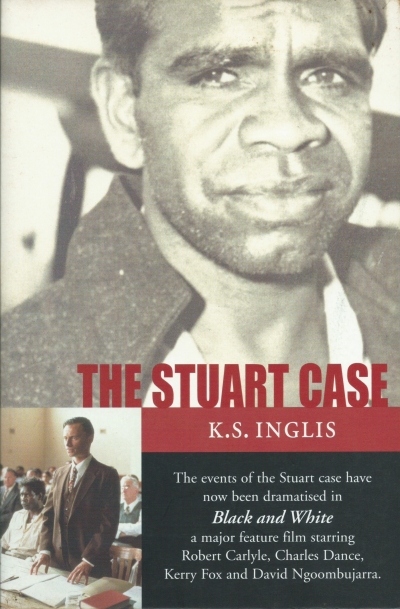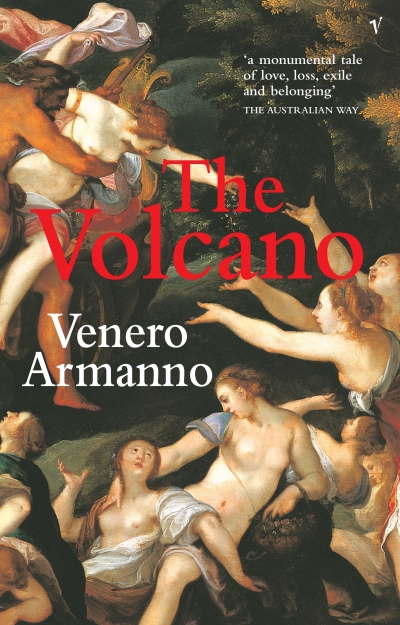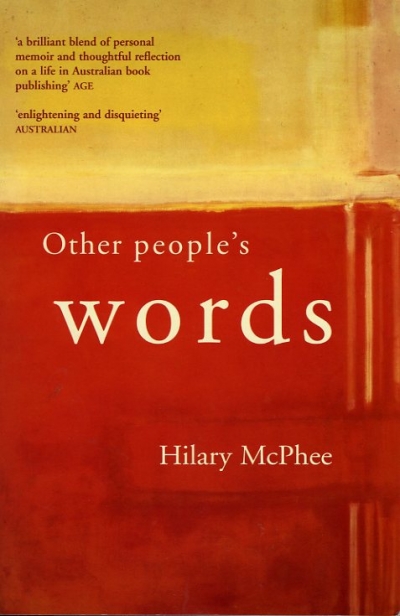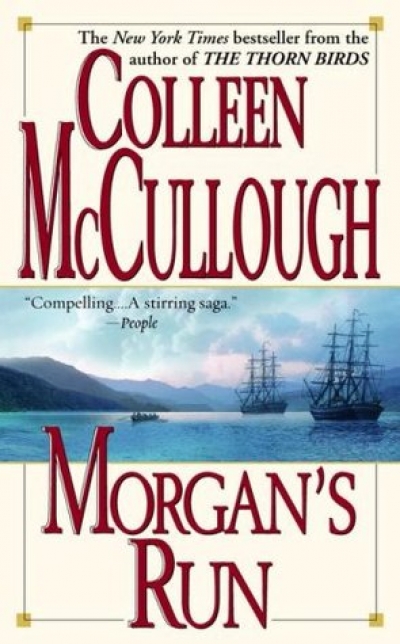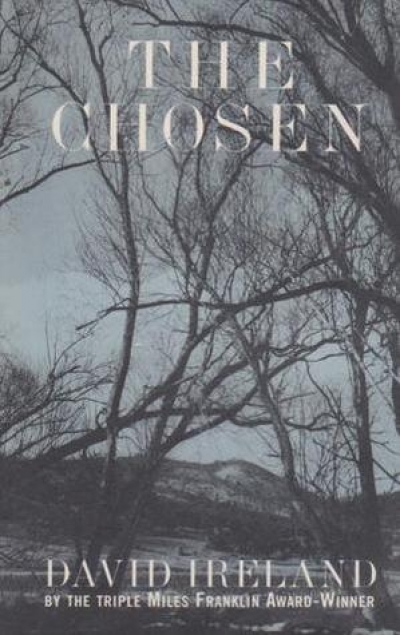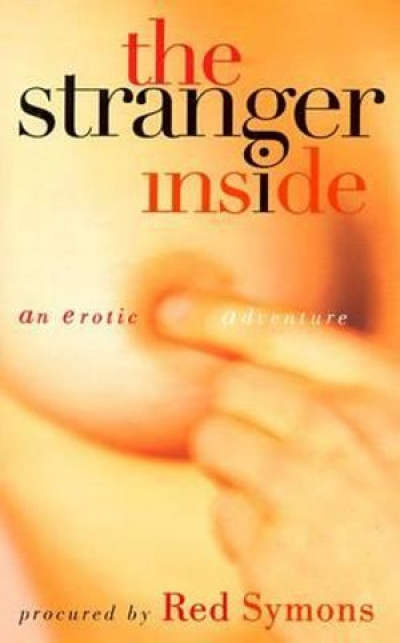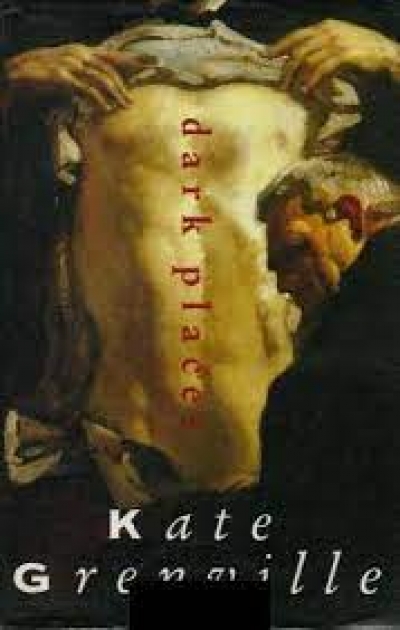Kerryn Goldsworthy
'The Oily Ratbag and the Recycled Waratah: Early Years of ABR' by Kerryn Goldsworthy
This is issue no. 250, and the twenty-fifth consecutive year, of Australian Book Review. Issue No. 1 appeared in 1978, edited by John McLaren and published by the National Book Council. Since then the journal has survived and thrived, through changes of editor (though not very often) and of editorial policy (though not very much); through changes of appearance, ownership, sponsorship and affiliation.
... (read more)At seven o’clock on the morning of 2 February 1999, I was due at the Memorial Hospital in North Adelaide to relieve my older sister at my mother’s bedside, where she had been all night. The alarm was set for six. At five-thirty, I was woken by the phone; my mother had died, as we had known for a couple of days that she would, from complications following a cerebral haemorrhage.
... (read more)‘AT NIGHT,’ wrote Charmian Clift one summer in the late 1950s on the Greek island of Hydra where she lived with her husband and children, where the harbour village had been invaded by summer tourists, where teams of local Greek matrons invaded the kitchen in relays to monitor the foreign woman’s housework and mothering techniques ...
... (read more)Like much else about this novel, its title The Chosen is not the relatively straightforward affair it may, at first, appear to be. One assumes for the first hundred pages or so that the ‘chosen’ are those citizens of the small NSW Southern Tablelands town of Lost River who have been chosen by a randomising computer program to have their lives represented in the commemorative tapestry being woven as a civic project along with two other pet Town Council proposals, a new jail and a high-temperature incinerator. It’s a mode that critic Ken Gelder has called ‘dark pastoral’.
... (read more)
